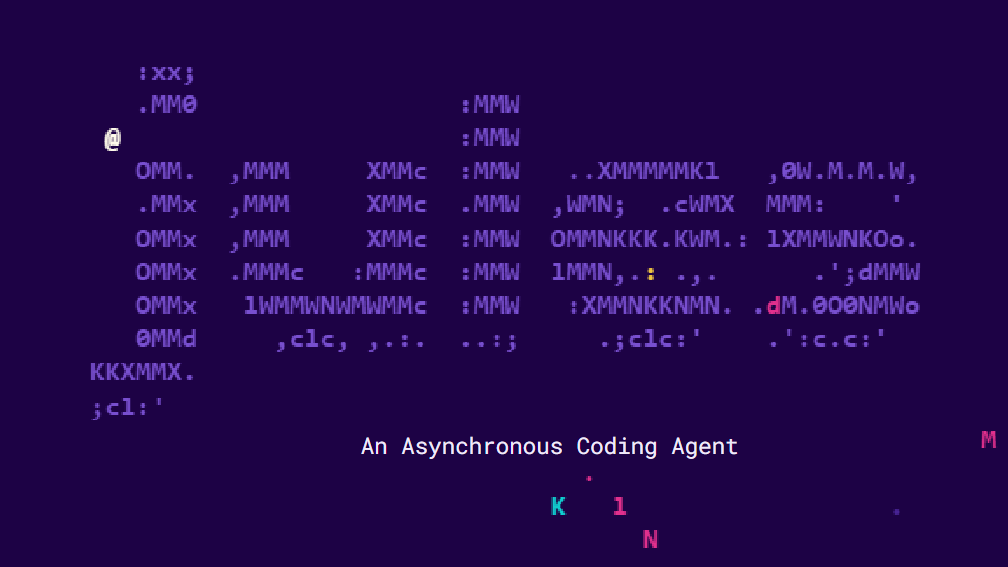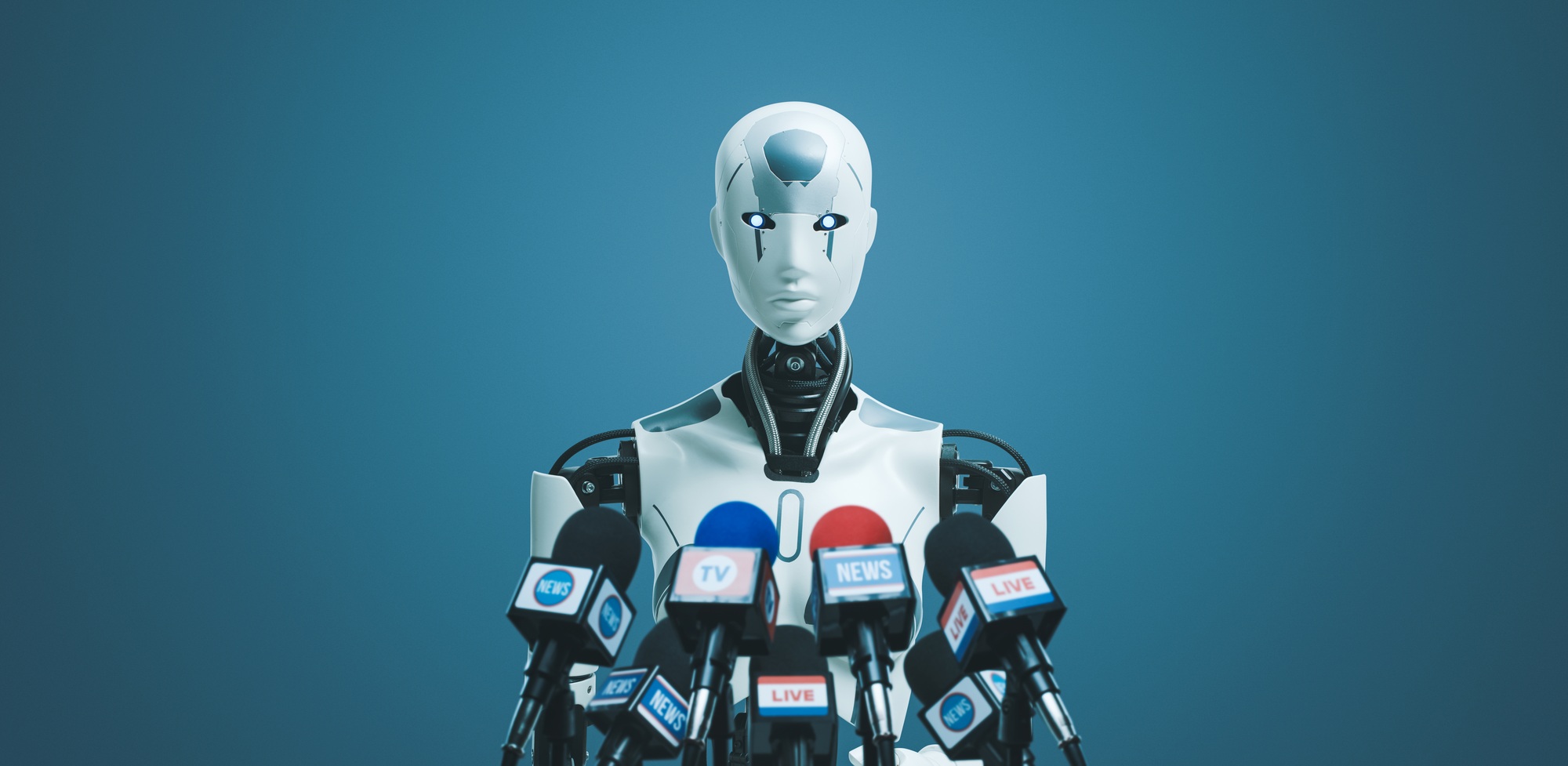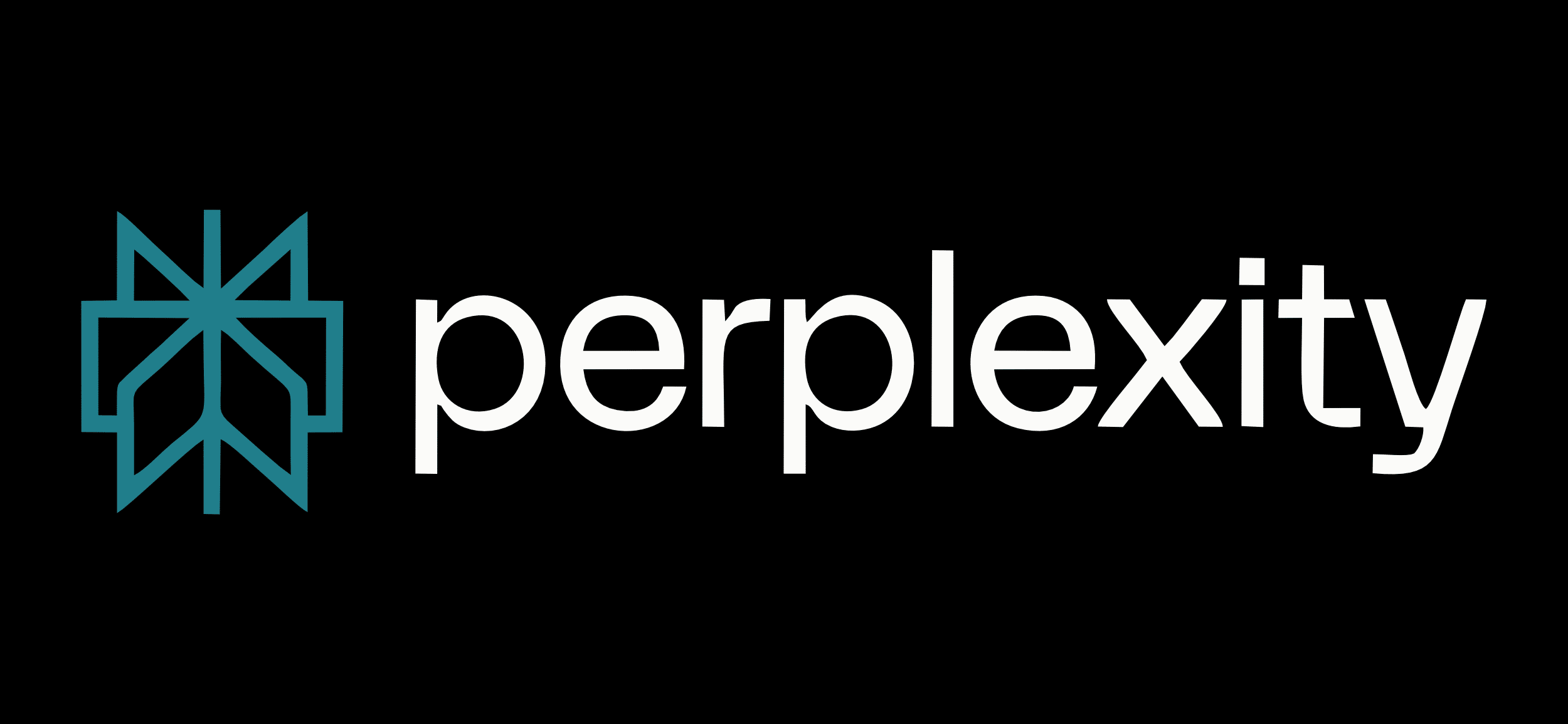US Texas-based company Fintiv, which provides mobile financial services, has filed a legal complaint against Apple, alleging that it stole trade secrets from its predecessor, CorFire, to develop Apple Pay.
The complaint claims that Apple employees held several meetings with CorFire to discuss the implementation of CorFire’s mobile wallet solutions and that CorFire had uploaded proprietary information to a shared site maintained by Apple.
According to the lawsuit, the two companies signed a non-disclosure agreement (NDA), giving Apple access to CorFire’s confidential information, which Apple allegedly misappropriated after abandoning plans for a partnership.
According to the IPWatchdog, Fintiv has been involved in ongoing litigation over its mobile wallet patents. Recently, it lost two key appeals: one against PayPal, which upheld the dismissal of its patent infringement claims, and another against Apple, in which the court confirmed specific patent claims were invalid.
However, in May, Fintiv secured a partial victory when the Federal Circuit reversed a lower court’s ruling that Apple did not infringe one of its patents (US Patent No. 8,843,125), allowing that part of the case to proceed. Apple had not commented publicly as of the article’s publication.
Would you like to learn more about AI, tech and digital diplomacy? If so, ask our Diplo chatbot!









